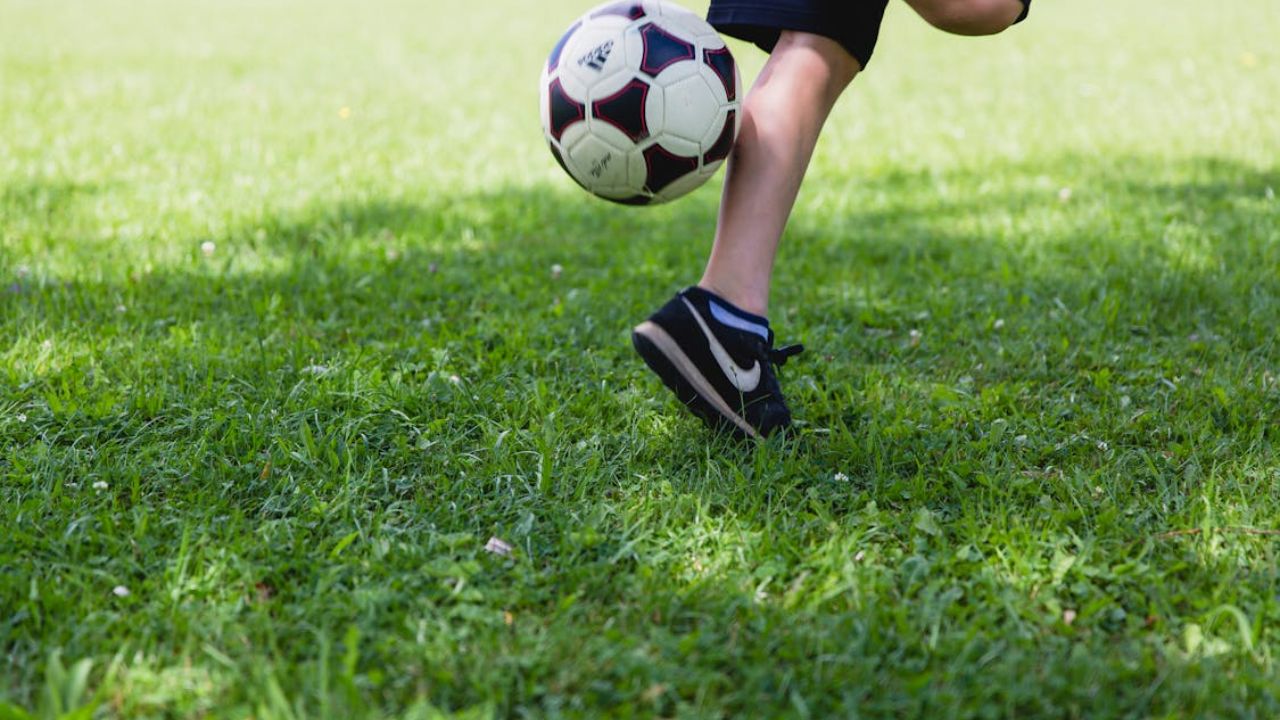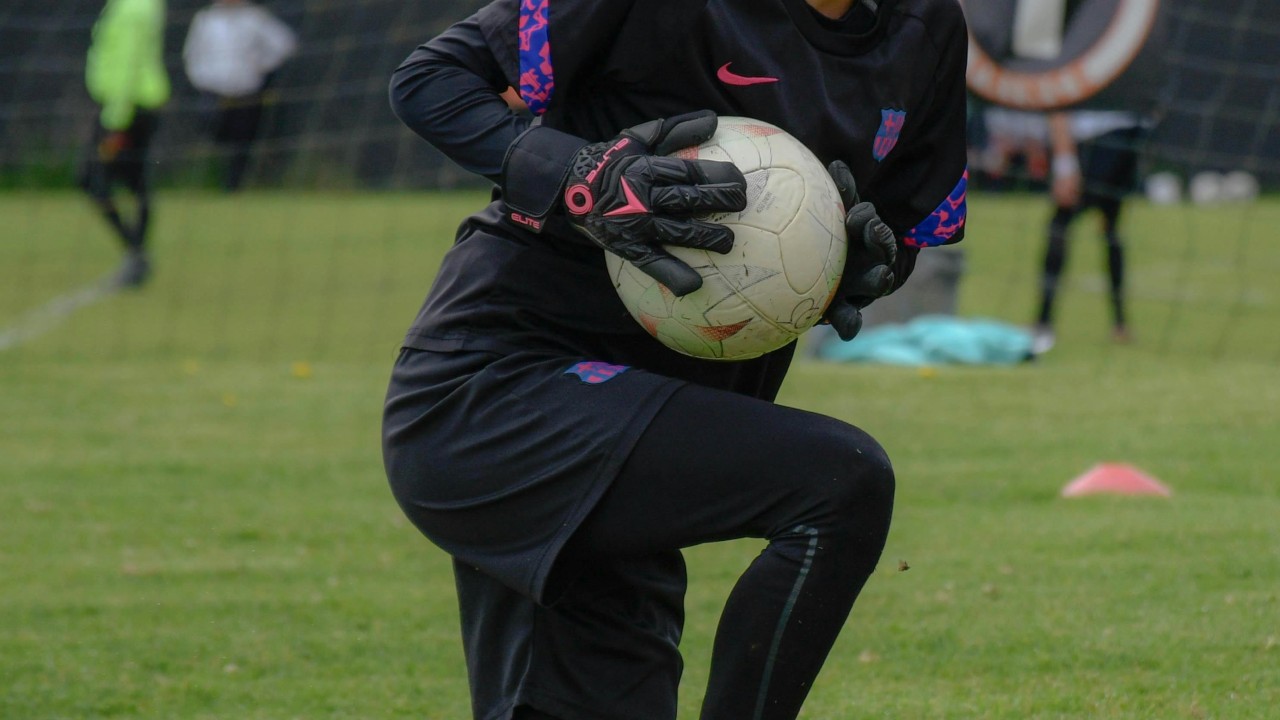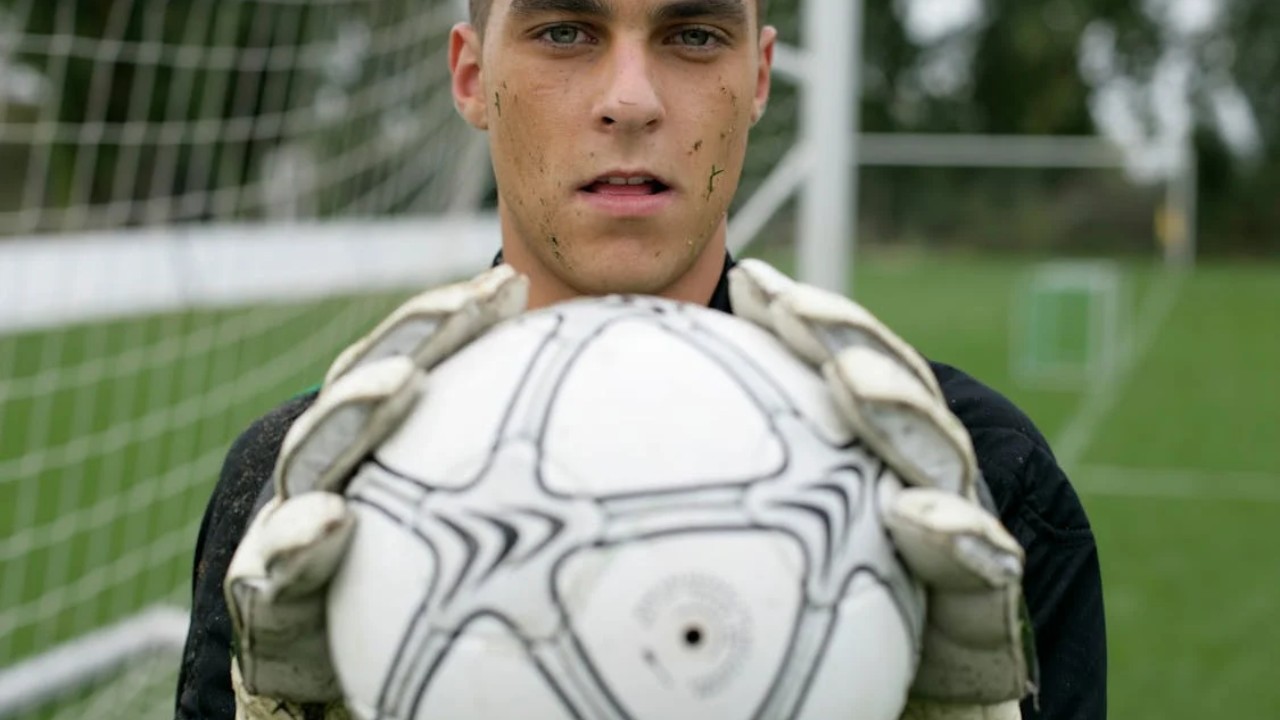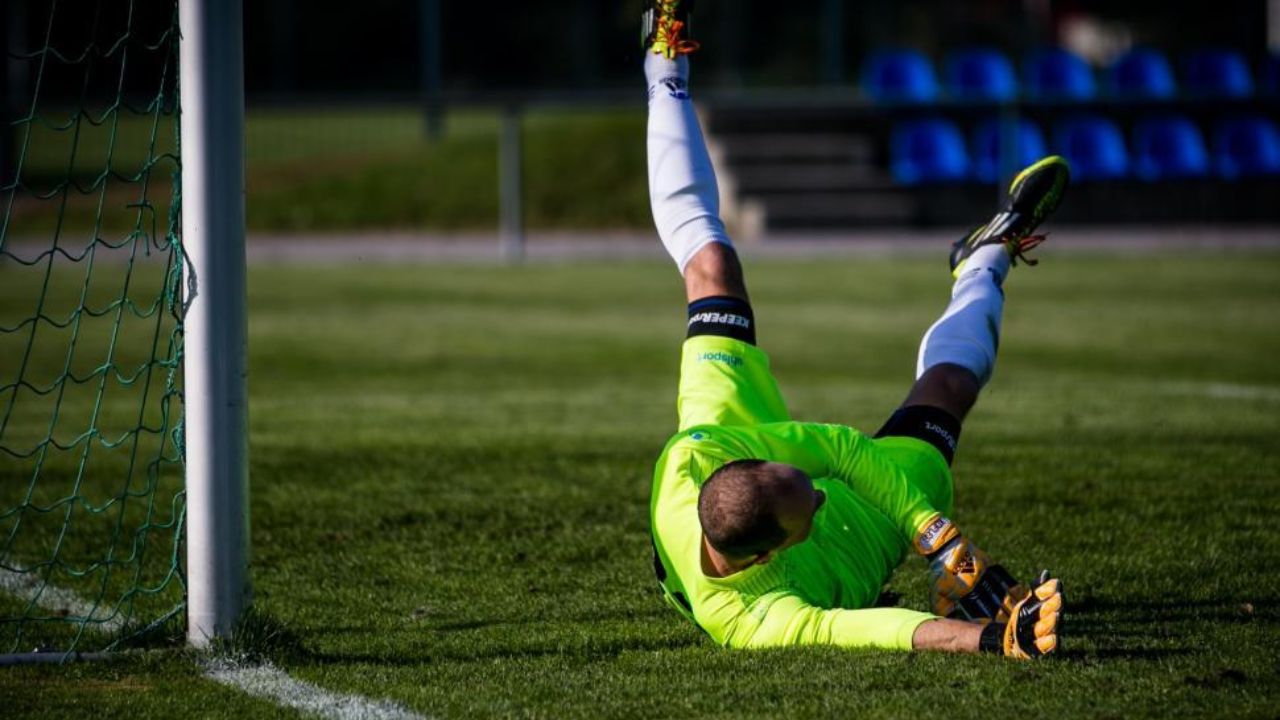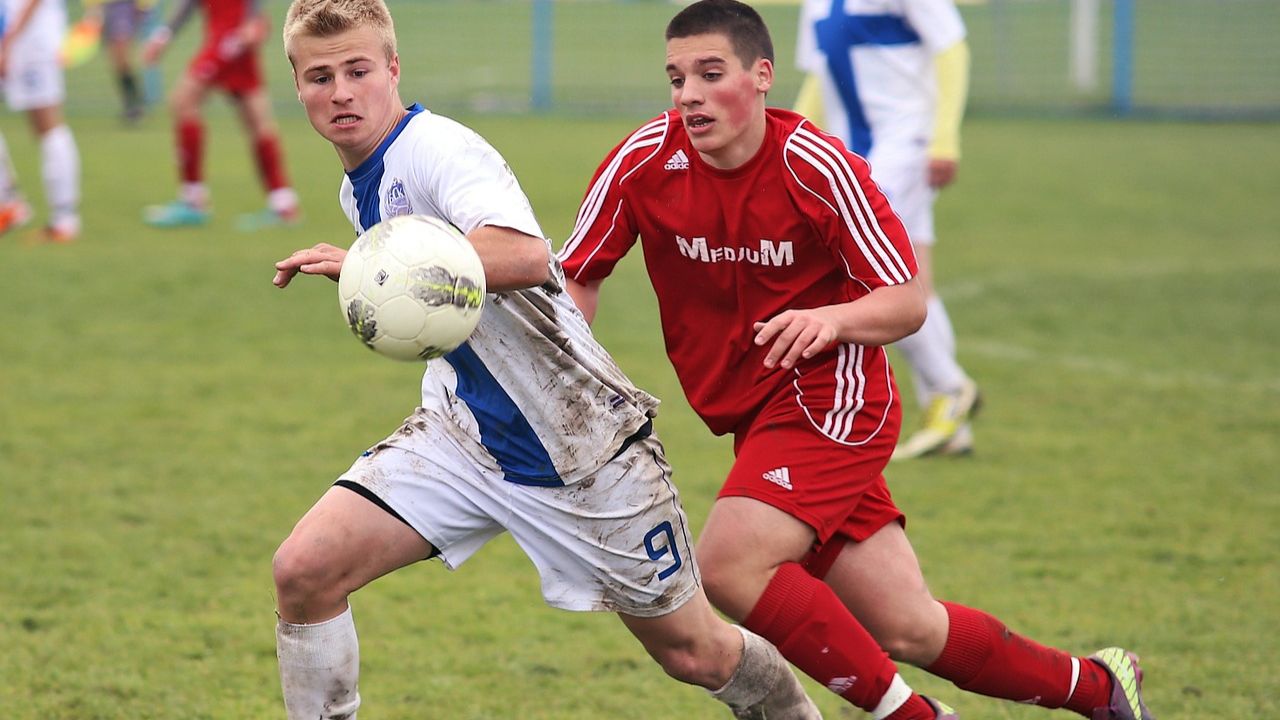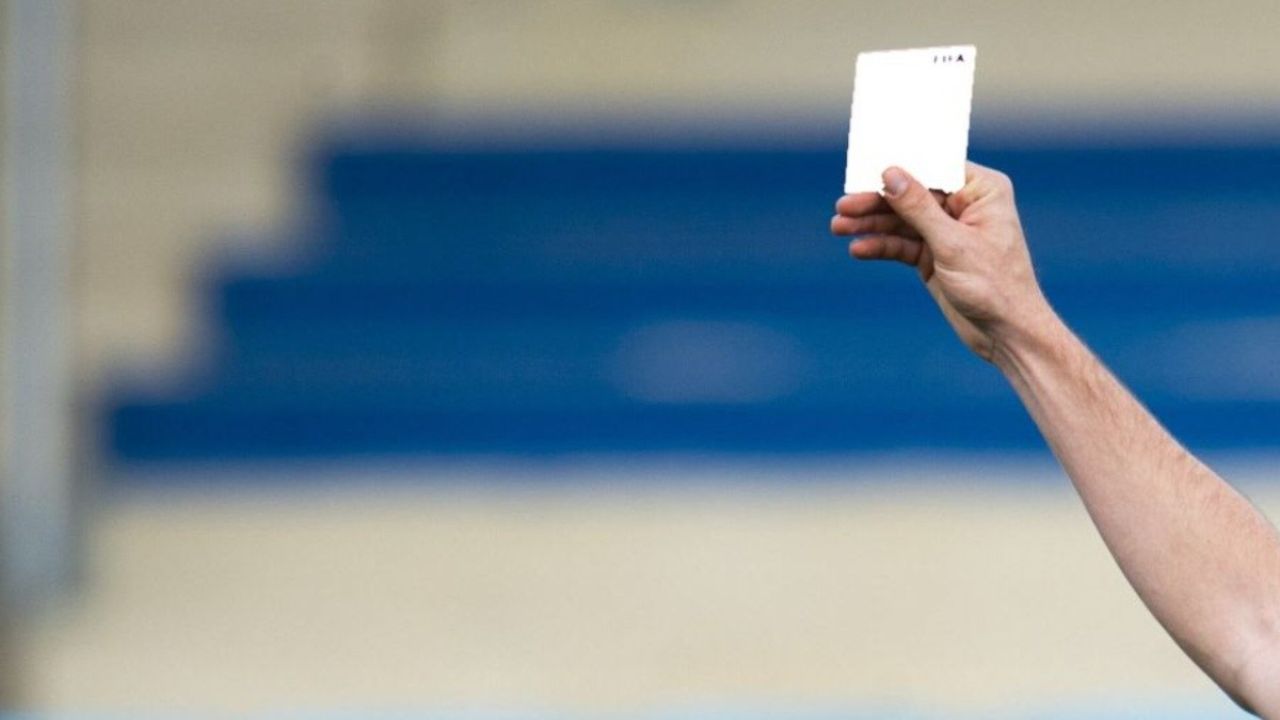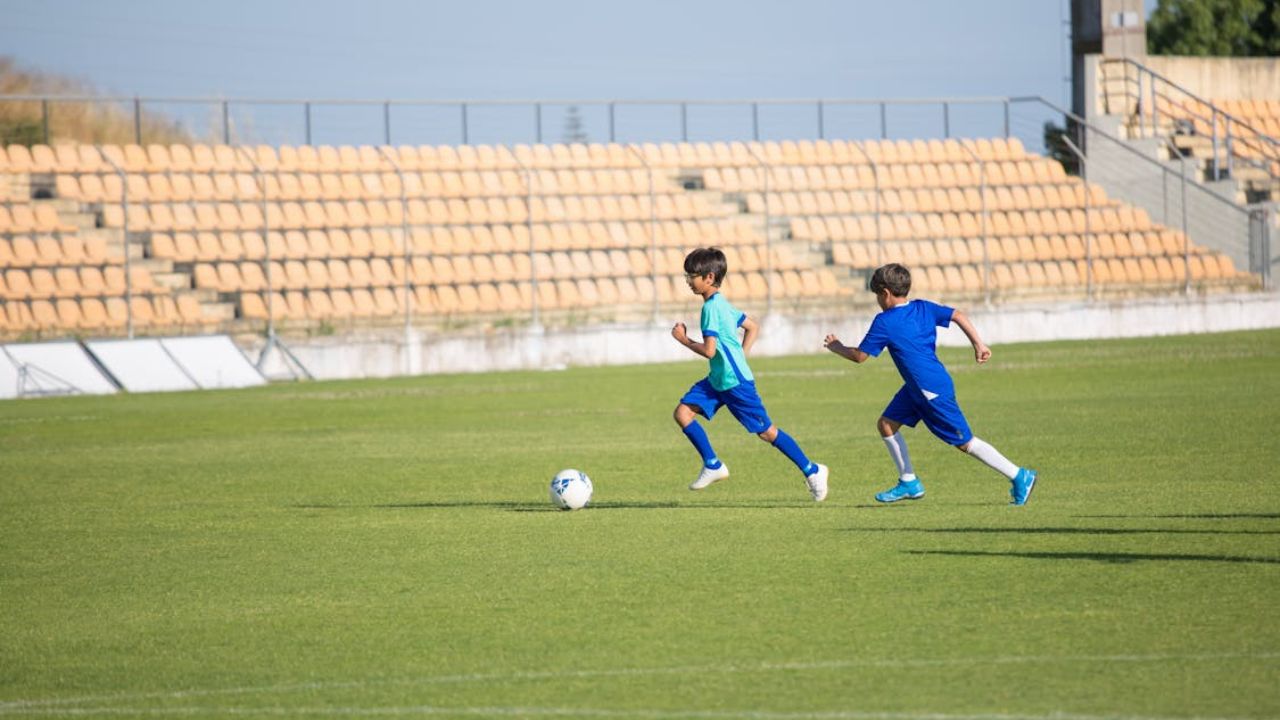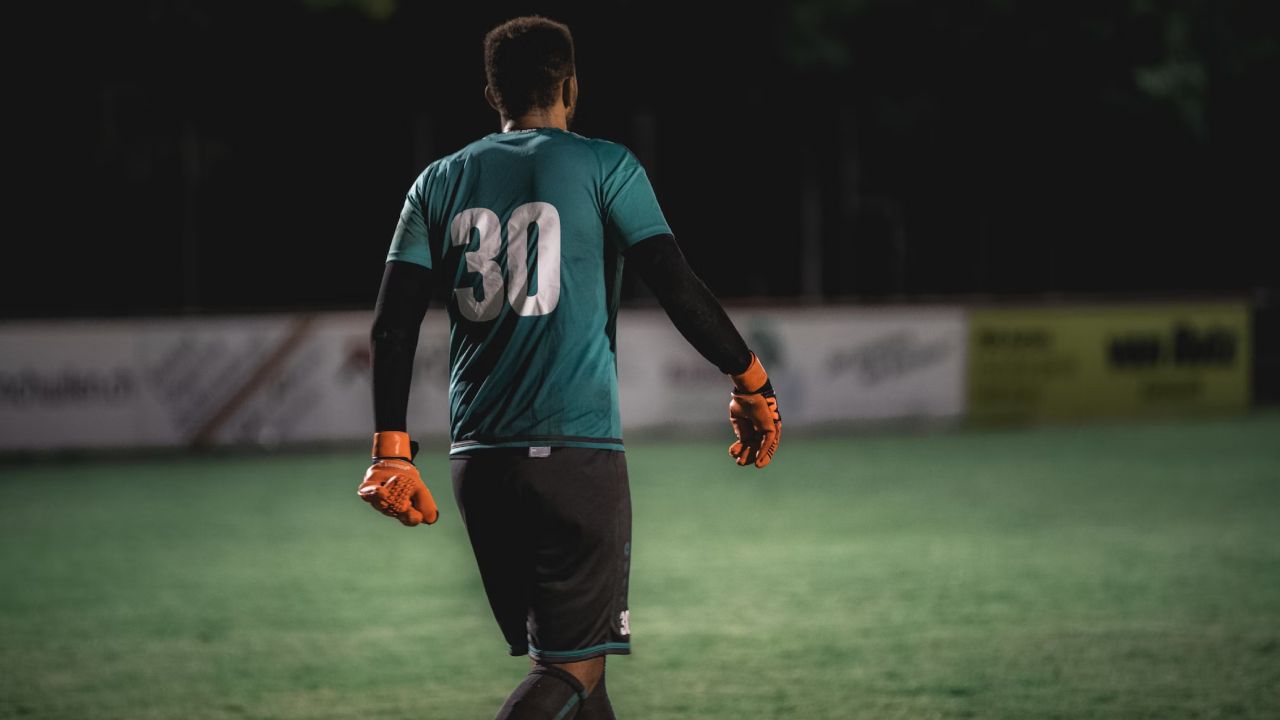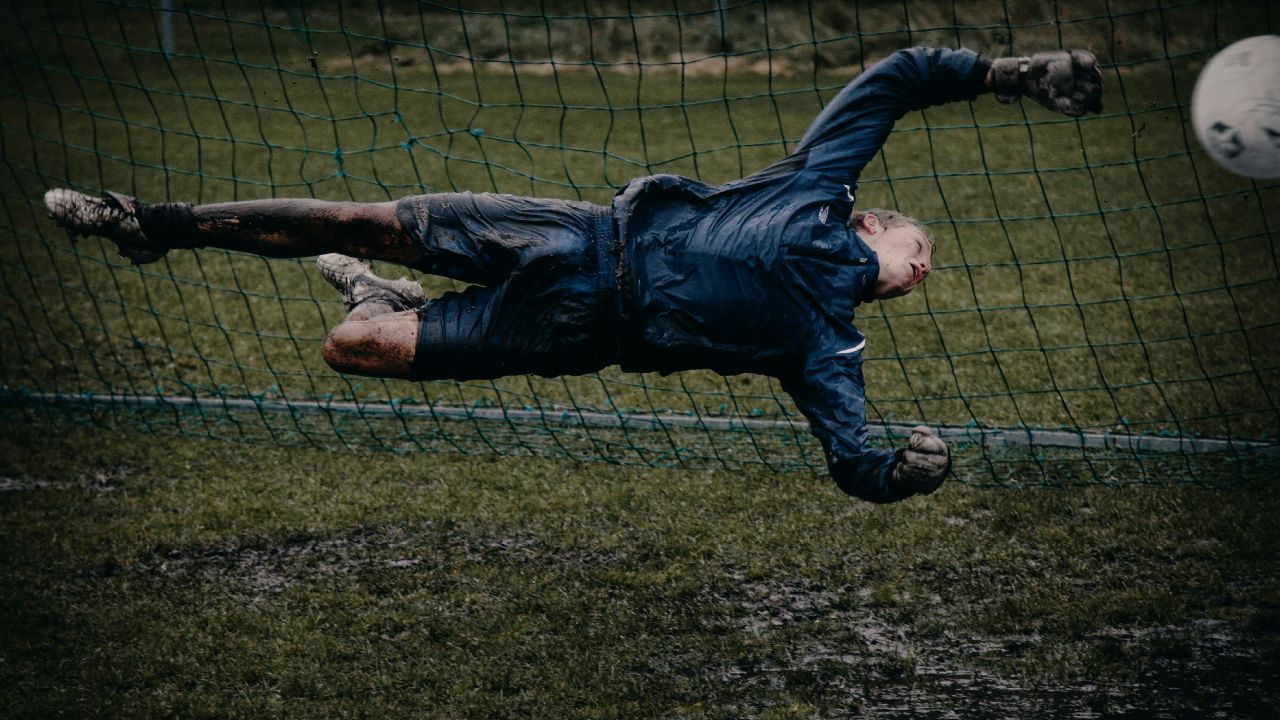Whether you are an experienced player or a passionate beginner, the desire to push your limits and shine on the football field is undoubtedly one of the driving forces that drives you. But how can we go even further and improve at football? This article is not a magic formula that will instantly transform an average player into a football star. But we want to offer you something much more valuable:
Five essential tips for improving at football
1 – Resume the basic technique with the ball
Mastering basic skills, including ball control and passing accuracy, is fundamental for any football player wishing to improve. Impeccable ball control not only helps prevent losses of possession but also provides a solid basis for more creative actions. Along the same lines, passing accuracy is key to powering the play and creating scoring opportunities. Engaging in regular and specific training is crucial to develop these skills.
- Ball control exercises can vary but often begin with individual juggling sessions to improve eye-foot coordination and strengthen ball touch.
- When it comes to passing accuracy, practicing specific routines is essential. Long, short, and deep passes all need to be worked on thoroughly to ensure optimal versatility on the pitch.
- Diversify the types of balls used during training, as this helps to improve the player’s perception and adaptability to different playing surfaces. Mastery of basic technique constitutes the foundation of individual and collective performance in football. Regular and diversified training and critical self-evaluation will allow any player to progress constantly. See training equipment.
2 – Add physical and endurance training
Physical training and optimal endurance are crucial for any aspiring football player. Adequate fitness improves individual performance and contributes significantly to team dynamics, allowing players to remain competitive throughout the match.
- Good cardiovascular fitness is essential to support these efforts. Exercises such as running, sprint intervals, and high-intensity exercises are particularly beneficial for improving endurance and maintaining a high pace of play.
- Strength training is another crucial facet of fitness training. It helps strengthen muscles, improve power and stability, and prevent injuries. Targeted strength training exercises, such as squats, lunges, and core strengthening, are crucial in developing a strong muscular base.
- Endurance is essential to maintain optimal performance from start to finish of the match. Specific endurance training sessions, such as long-distance runs, interval endurance exercises, and match simulations, can help improve players’ ability to resist fatigue while maintaining agility and concentration.
- Specific workouts may include circuits combining cardiovascular and strength training exercises, simulating the physical demands of a football match. Plyometric exercises, which focus on developing explosive power, are also beneficial for players looking to improve their agility and speed.
A well-balanced physical training program, combining cardiovascular, strength training, and endurance, is essential to maximize the performance of football players. By incorporating these elements into their training routine, players can increase their physical strength, reduce the risk of injury, and significantly contribute to their team’s success on the field.
3 – Improve your vision of the game and your tactical intelligence
Game vision and tactical intelligence are essential skills that distinguish great soccer players. Understanding the game at a tactical level goes beyond simple technical mastery. This involves reading the terrain, anticipating opposing movements, and making quick and sound decisions. A player with a developed vision of the game can see opportunities where others only see obstacles.
The tactically intelligent player not only reacts to what is happening immediately around him but also foresees future developments in the game. Making quick decisions is a skill that comes from seeing the game. Players who understand the game can quickly evaluate available options, choose the best action, and execute it accurately. This applies to both passing distribution and defensive decision-making.
- Specific training exercises to develop game vision include video sessions to analyze and understand tactical schemes, on-field tactical exercises to simulate match situations, and simulation games to practice decision-making fast.
4 – Gain confidence and relieve stress.
Beyond technical and tactical skills, a winning mentality is an essential ingredient for success in football. Self-confidence is the engine that pushes players to take initiative on the field. A confident player is likelier to attempt dribbles and bold shots and take on crucial responsibilities.
- Stress management is also a key component of the winning mentality. Players who can maintain concentration and calm even in pressure situations have a distinct advantage. Stress management exercises, such as meditation and visualization, can be incorporated into the workout routine to strengthen this ability. Football and yoga, a winning combination
- Develop a winning mentality by setting realistic goals, working on self-confidence through specific exercises, and learning constructive lessons from failures. A winning mentality is often what separates ordinary players from exceptional players.
5 – Maintain a good state of mind with your team
Team training and the development of team spirit are essential elements for the success of a football team. A successful team is based on communication, collaboration, and mutual respect between teammates.
- Communication is the key to ensuring effective coordination on the ground. Players must be able to transmit information to each other quickly and clearly, whether to coordinate an attack, organize the defense, or signal opposing movements. Specific training exercises, such as match simulations with strict vocal instructions, can improve team communication.
- Collaboration between players is fundamental to creating playing opportunities and resolving difficult situations. Team training exercises, such as small games where cooperation is necessary to score goals, build mutual understanding between players. Tactical drills emphasizing coordinated movements and position changes also strengthen collaboration.
- Mutual respect among teammates creates an environment conducive to individual and collective growth. Players must recognize each other’s skills and contributions, thus promoting a positive and motivating climate. Drills focused on team problem solving, where players must work together to overcome specific obstacles, can build this respect.
- Specific training activities can be integrated to promote teamwork. Positional play drills, where players focus on specific positions and movements on the field, are particularly beneficial. Small matches or games where victory depends on cooperation and coordination between players are also useful.
It is important to emphasize that teamwork is not limited to the field. Social activities outside training sessions, such as team meals or team-building events, help create stronger bonds between team members.

